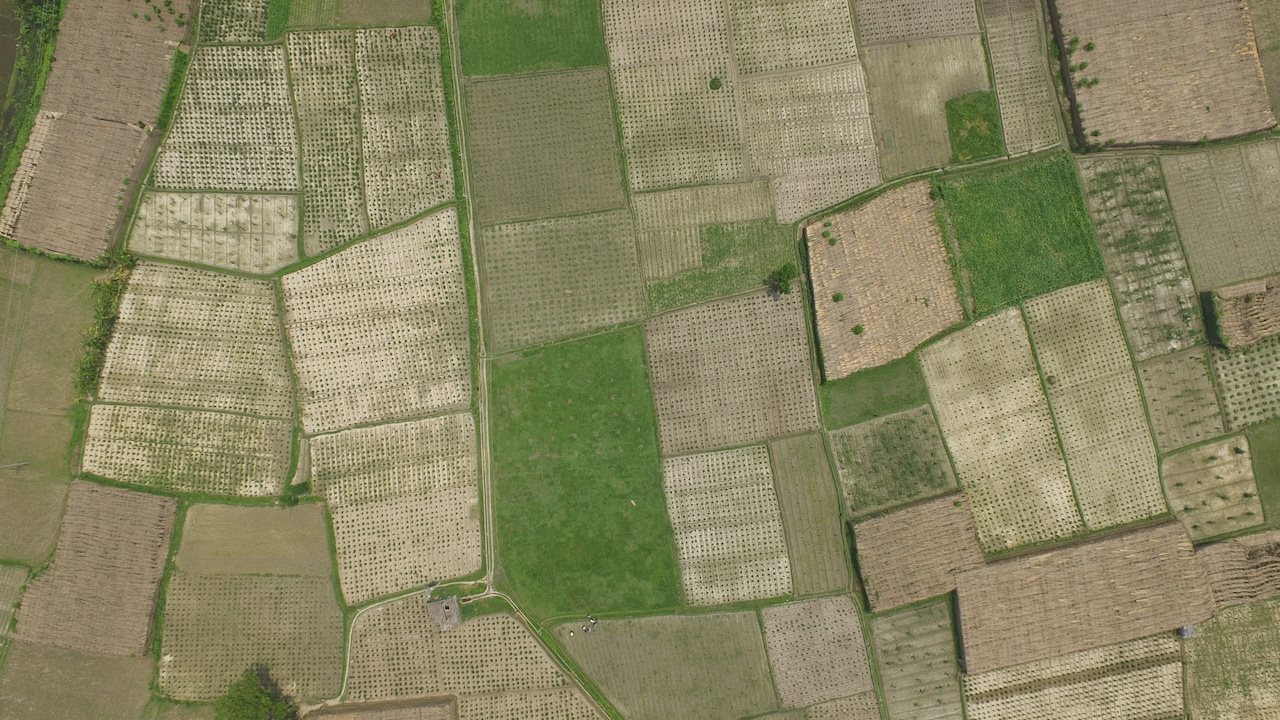
Where we work
LoCAL mapped
To date, over 30 countries have engaged UNCDF's LoCAL Facility, recognising its value in delivering climate finance and adaptation investment where it’s needed - the local level.

ISO: An international standard for local governments
The UNCDF LoCAL Facility provides technical assistance and tools for the LDCs to access climate finance.
In 2022, ISO 14093:22 “Mechanism for financing local adaptation to climate change — Performance based climate resilience grants — Requirements and guidelines”, was developed using the methodology and experiences of the UN Capital Development Fund (UNCDF) and countries implementing the Local Climate Adaptive Living, or LoCAL Facility.
